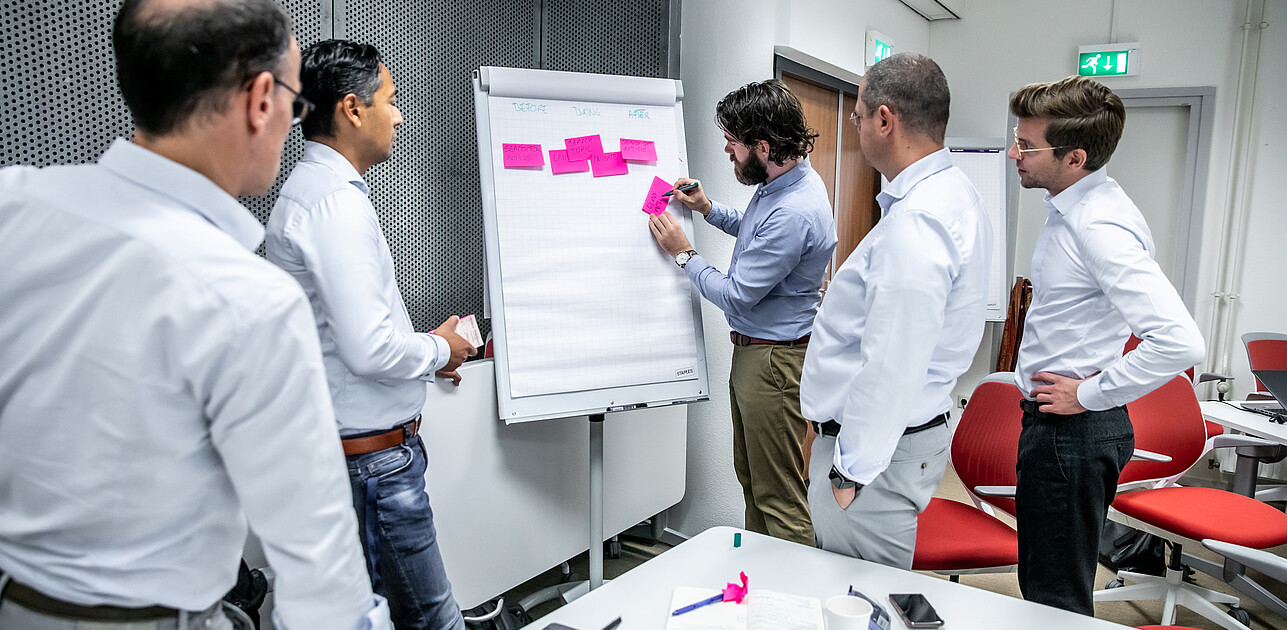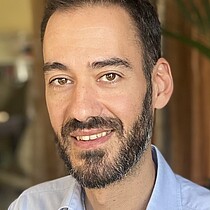

We actually do surprisingly well with that brain, making decent decisions most of the time and rarely messing up. But we don’t maximise value. Research in psychology helps you avoid pitfalls that cost your organisation dearly. Dr Philip Eskenazi, faculty member of Decision Power: Clear Thinking for Better Decision Making programme at RSM, shares the six most common mistakes.
Most people believe they’re above-average decision makers, and almost all of us feel too much confidence in our judgments of how the future will unfold. It’s hard to reflect on yourself, but perhaps you’ll see that your organisation is filled with people who overestimate the quality of their own decisions.
This doesn’t mean your decisions are in fact terrible; they’re probably pretty good. It’s just that we could do better. Good decision makers don’t let confidence get in the way of open-mindedness and improvement.
The truth is, our minds are not very good at handling the kind of uncertainty we face in business, where we must make forecasts five or ten years into the future. This can cause stress. We have to take calculated risks, but many of us prefer to avoid risk and delay difficult decisions.
Arming people with the right tools helps them become more decisive and empowers them to take chances when it’s worth it.
Our mind loves to come up with stories. The problem is that they rarely paint a full picture. We think we see patterns and understand a situation, but reality is often much more complex than we imagine. As a result, we fail to see how unpredictable the future is, and we underestimate uncertainty.
It’s better to keep an open mind and allow for many possible scenarios, including a category of the unforeseen, for a robust yet elastic corporate decision making process.
A quote attributed to Einstein goes: “If I had an hour to find a solution, I’d spend the first 55 minutes reflecting on the problem.” Most people do the opposite: they start working on solutions straight away, without explicitly considering the nature of the problem.
In meetings, how often are you caught up in discussions without first agreeing on the question? As a consequence, we tend to frame problems too narrowly, ignoring the root cause, and our solutions are less effective than we’d like.
As people often fail to discuss explicitly what question they are trying to answer, they unconsciously adopt a question with which they are comfortable. The same problem can be seen by a group of engineers as an engineering problem and by a group of marketeers as a marketing problem.
Unless we pay explicit attention, we end up solving the problem we know how to solve rather than the one that needs to be solved.
When people make decisions in teams, we often see one person arguing for Option A, another for Option B, and the conversation quickly becomes a debate. Instead, you want to have a dialogue in which ideas can be explored, tested and evaluated.
Ultimately, making a decision means choosing one alternative from the set of options on the table; the best way to get there is not through debate, but reasoning together through an open-minded exploration of the attractiveness of each alternative.
If you have a framework for decision making, it becomes much easier to accomplish this. A good framework provides a shared mental model, enabling you to reason together instead of arguing over alternatives.
The Decision Quality framework was designed to overcome the limitations of the human mind and enable organisations to maximise value.
Want to learn more? Join the online masterclass to elevate the quality of your corporate decision making during meetings.
Philip Eskenazi is an academic lecturer at Rotterdam School of Management, Erasmus University (RSM), Amsterdam Business School, and several other institutions. He teaches thinking skills – decision making, critical thinking, creativity, deep focus and dealing with uncertainty – at the bachelor and master level. Philip also develops and manages programmes in executive education and has a broad experience in coaching professionals on their learning journey. At RSM he teaches the executive programme Decision Power: Clear Thinking for Better Decision Making. Philip holds a PhD from RSM and a degree in philosophy from King’s College London, and his research has been published in leading academic journals.
